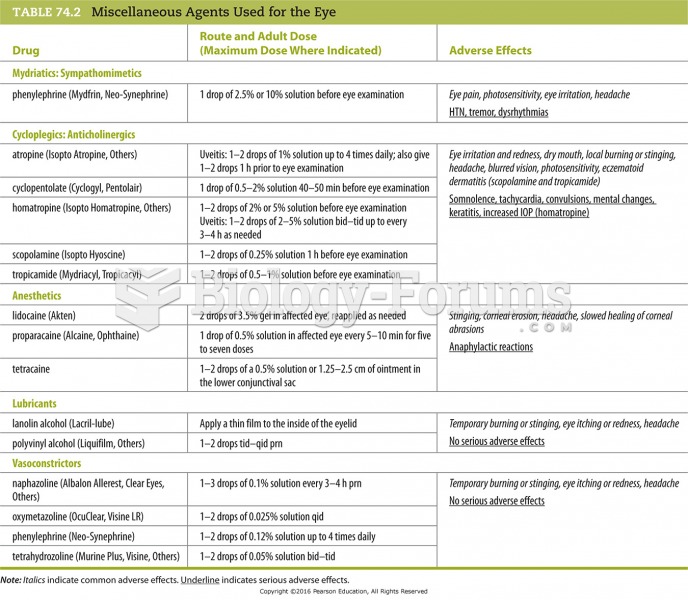Persons appointed by an agent delegated some authority are known as:
a. minor agents
b. pseudo-agents c. principal agents d. delegated agents
e. none of the other choices
Question 2
Emotional Distress. Jim Meads had a VISA credit-card account with Citibank, a subsidiary of Citicorp. Meads fell behind in his payments on the 5,000 owing on the account, and in July 1986 Citibank closed Meads's account and notified him that the account would be referred to the Collection Group of Citicorp Credit Services, Inc (CCSI), for collection. Thereafter, Meads wrote to CCSI, explaining that because of medical problems and related medical expenses, he was unable to meet the minimum-payment requirements but would make partial payments on the account. Meads's attorney also wrote to CCSI, requesting that CCSI not contact Meads again about the account and instead direct all future inquiries to the attorney's office. Nevertheless, CCSI continued to contact Meads, by telephone and letter, at frequent intervals (at times more often than once per week) over a four-month period. Calls were made not only to Meads's home but also to his place of work. Meads alleged that the callers were so abusive as to reduce his wife to tears. Meads finally sued CCSI for intentional infliction of emotional distress. Although Meads did not deny the validity of his debt to Citicorp, he felt that the collection attempts were abusive and stated that both he and his wife had suffered verifiable emotional and physical complaints as a direct result of the actions of CCSI. Was CCSI's conduct sufficiently outrageous to warrant an emotional distress claim?






